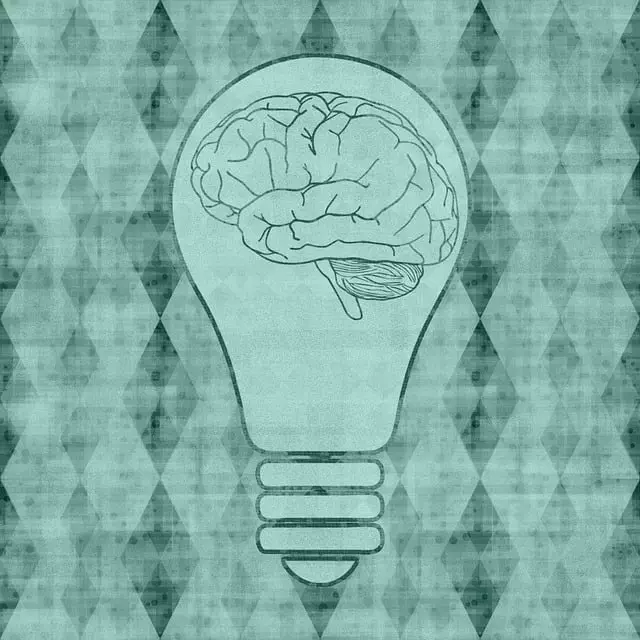Healing with Kaiser Trauma Support Groups: Therapist-Led Safe Spaces
Trauma support groups facilitated by certified Kaiser trauma therapists offer a safe, supportive env…….
In the evolving landscape of mental health services, the concept of “Trauma Therapist Kaiser” has emerged as a transformative force, offering specialized care for individuals grappling with trauma-related issues. This comprehensive approach integrates advanced therapeutic techniques, evidence-based practices, and a holistic view of healing to address the complex needs of trauma survivors. In this article, we embark on a journey through the multifaceted world of Trauma Therapist Kaiser, exploring its origins, global reach, economic implications, technological innovations, regulatory frameworks, and the impact it has on shaping more resilient communities.
Definition:
Trauma Therapist Kaiser (TTK) is an innovative mental health service model designed to provide specialized care for individuals who have experienced trauma. It offers a comprehensive, multi-disciplinary approach that combines elements of therapy, counseling, and support services tailored to the unique needs of trauma survivors.
Core Components:
Historical Context:
The roots of Trauma Therapist Kaiser can be traced back to the late 20th century when the field of trauma studies began gaining momentum. The 1990s saw a significant shift in understanding and treating trauma, with the introduction of groundbreaking therapeutic approaches like EMDR. This period laid the foundation for TTK by emphasizing the need for specialized care and integrating various healing modalities. Over time, the model evolved and gained recognition for its effectiveness in helping individuals overcome post-traumatic stress disorder (PTSD) and other trauma-related conditions.
International Reach:
Trauma Therapist Kaiser has made significant strides globally, with its principles and practices adopted by mental health organizations worldwide. The World Health Organization (WHO) has recognized the importance of trauma-informed care, encouraging countries to integrate these approaches into their healthcare systems. This international adoption is driven by growing awareness of trauma’s prevalence and impact on individuals and societies.
Regional Variations:
Market Dynamics:
The global mental health services market, including Trauma Therapist Kaiser, is experiencing steady growth due to rising awareness of mental health issues and increasing investment in specialized care. According to a report by Grand View Research, the global mental health care market size was valued at USD 345.4 billion in 2020 and is expected to grow at a compound annual growth rate (CAGR) of 6.7% from 2021 to 2028.
Investment Patterns:
Private equity firms, venture capitalists, and impact investors are increasingly targeting mental health startups and established providers offering innovative services like TTK. This influx of investment drives innovation, improves access to care, and fosters the development of evidence-based practices.
Economic Impact:
Digital Tools and Platforms:
Technology plays a pivotal role in enhancing Trauma Therapist Kaiser services, particularly in remote areas or where access to specialized therapists is limited:
Data Analytics:
Advanced analytics and machine learning algorithms enable TTK providers to gain valuable insights from patient data:
Key Policies and Frameworks:
The development and implementation of Trauma Therapist Kaiser services are guided by various policies and regulations that ensure ethical practice and quality care:
Regulatory Bodies and Standards:
Main Challenges:
Criticisms and Solutions:
Case Study 1: Urban Community Center
In an urban setting, a community center implemented TTK services to address the high prevalence of trauma among youth from disadvantaged backgrounds. By offering group therapy sessions and peer support groups, they created a safe space for healing. The program’s success led to increased government funding and partnerships with local schools, resulting in improved access to care for at-risk youth.
Case Study 2: Rural Healthcare Initiative
A small rural town collaborated with nearby universities to establish a TTK clinic. By training local healthcare providers and incorporating teletherapy sessions, they over came geographical barriers. The initiative not only improved trauma care for residents but also enhanced the local healthcare system’s capacity to handle complex mental health cases.
Case Study 3: Corporate Wellness Program
A major technology company introduced a comprehensive TTK program as part of its employee wellness initiative. This included group workshops, individual therapy sessions, and online resources. The program’s success led to improved job satisfaction, reduced absenteeism, and a more resilient workforce.
Emerging Trends:
Potential Growth Areas:
Strategic Considerations:
Trauma Therapist Kaiser represents a significant advancement in mental health care, offering specialized support to individuals navigating the complexities of trauma. Its global reach, economic impact, and technological innovations underscore its importance as a transformative force. By addressing challenges and criticism through strategic initiatives, TTK can continue to evolve and improve lives worldwide. As we look ahead, the future prospects for Trauma Therapist Kaiser are promising, with potential to revolutionize mental health care and foster more resilient communities.
Q: What is the primary goal of Trauma Therapist Kaiser?
A: The primary goal is to provide specialized, trauma-informed care tailored to individuals who have experienced traumatic events. It aims to help clients process and heal from trauma-related symptoms, improve their overall well-being, and restore a sense of control over their lives.
Q: How does TTK differ from traditional therapy?
A: While traditional therapy may address various mental health concerns, TTK focuses specifically on trauma. It utilizes specialized techniques and approaches to help clients process traumatic memories and develop healthy coping mechanisms tailored to their unique experiences.
Q: Are there different types of Trauma Therapist Kaiser services available?
A: Yes, TTK services can vary based on the setting and population served. These include individual therapy, group therapy, peer support groups, community-based programs, corporate wellness initiatives, and integrated care models within primary healthcare systems.
Q: Can TTK be accessible remotely through technology?
A: Absolutely! Telehealth, mobile health apps, and online platforms enable individuals to access TTK services from the comfort of their homes. This accessibility is especially beneficial for those in remote areas or with limited mobility.
Q: How does TTK address the stigma surrounding mental health issues?
A: TTK promotes a culture of care and understanding by raising awareness about trauma and its impact. Public education campaigns, peer support groups, and training for healthcare professionals help reduce stigma and encourage individuals to seek help without fear of judgment.

Trauma support groups facilitated by certified Kaiser trauma therapists offer a safe, supportive env…….

The above-described trends suggest a potential for change (and sometimes in life with various techni…….

Trauma significantly impacts mental and physical health, potentially leading to conditions like PTSD…….

Trauma, whether childhood or adult, deeply impacts mental health, leading to complex emotions, flash…….